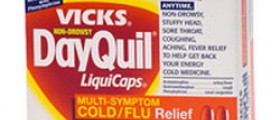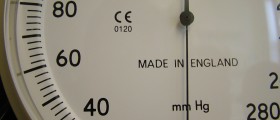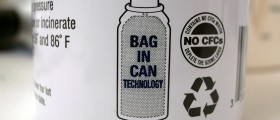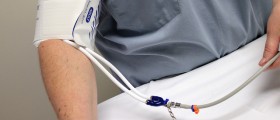Decongestants are a group of medications which successfully deal with nasal congestion caused by inflammation of different origin. Many infections as well as allergic reactions cause dilation of blood vessels of the nasal mucosa and leakage of excess of fluid, both of which are associated with edema of the mucous membrane and all accompanying problems.
Decongestants act locally and cause Vasoconstriction of the affected blood vessels, this way reducing edema and helping an individual to breathe normally. Apart from being available in a form of nasal sprays decongestants may be also taken in a form of pills.
Similarly to other drugs even decongestants have certain side effects. One of several precautions when it comes to treatment with decongestants is high blood pressure.
Decongestants and High Blood Pressure
People suffering from high blood pressure are due to get familiar with all the facts (indications, side effects, interactions etc.) regarding all the available over-the-counter as well as prescribed medications which may cause increase of the blood pressure (no matter if it is properly brought under control or not). This particularly refers to decongestants which may induce increase in blood pressure in such individuals.
What is more, decongestants may also interfere in effects achieved by some antihypertensive medications. Although some decongestants may be prescribed to patients suffering from hypertension, there are certain drugs which are strictly forbidden for this group of patients. The bottom line is that patients suffering from hypertension are better to consult their health care provider who will chose the most convenient decongestant, if the drug is really necessary.
The explanation why decongestants increase blood pressure is quite simple. Namely, as it has already been mentioned decongestants cause constriction of blood vessels. If they are present in certain amounts in the blood (in some people even the trace of decongestants may cause serious Vasoconstriction) they may cause constriction of larger arteries. We all know that once the arteries narrow the blood pressure increases. Hence, decongestants may have systemic effects which lead to hypertension.
Other Potential Side Effects of Decongestants
Nasal decongestants are supposed to be used for a few days. Excessive or prolonged application is associated with different problems which, apart from hypertension, include nervousness, insomnia, visual disorders and problems with the urinary system. Furthermore, patients suffering from heart conditions may experience aggravation of symptoms and signs of the disease. If taken longer than recommended, nasal decongestant cause dependence and one simply cannot breathe adequately unless he/she continues using these drugs. And finally, decongestants may cause serious damage to the nasal mucous membrane and induce nasal dryness, stuffiness and even nosebleeds.

















Your thoughts on this
Loading...